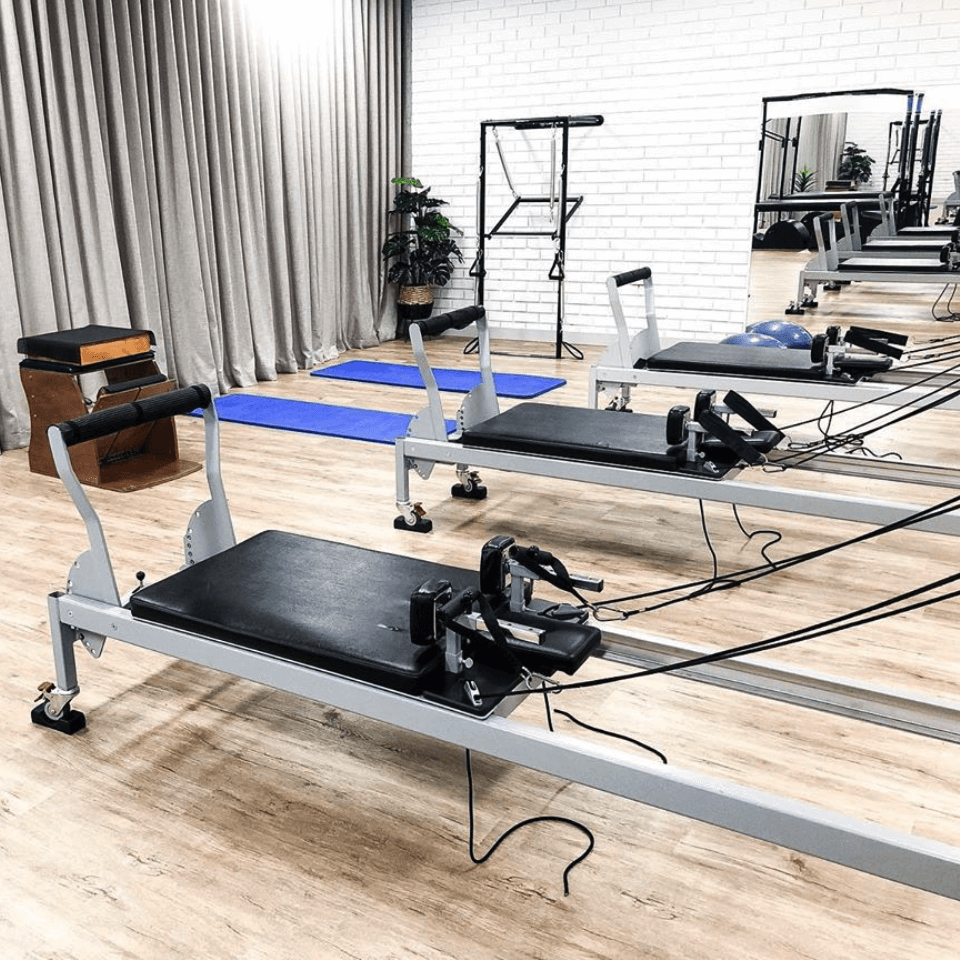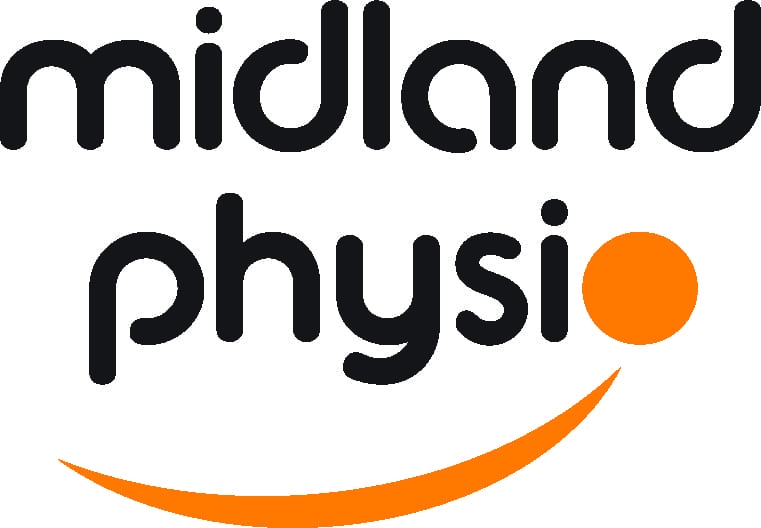The Private Practice Apprenticeship

Introduction
Has your university education set you up to be successful in private practice?
The Private Practice Apprenticeship is a two day course covering many of the aspects of physiotherapy which you need to understand well to be a great private practitioner, but which weren’t taught to you at University.
These topics are all of a non-clinical nature. There isn’t enough time to cover how to do an knee assessment or treat a problematic shoulder. Instead during the Private Practice Apprenticeship we focus on critical non-clinical topics such as how to write a good letter back to a referrer that presents you like an expert, how to manage a patient in the workers compensation system, and how to build a quality patient caseload.
Getting these things right in the early stages makes such a huge difference in your professional satisfaction and quality of care that you can provide.
As a physiotherapist involved in the development of physiotherapists new to private practice (we currently have 12 of our physiotherapy team who started with us as new graduate physios – including some who have completed post graduate Masters and PhD studies) we have a thorough understanding of your strengths and weaknesses, and where your energy is best directed to up skill as quickly as possible for the demanding world of private practice physio. Our goal ultimately is to create passionate career physiotherapists who love their profession in every sense.
Of course, there are many clinical skills that you need to practice and refine at the start of your career in private practice – and I will also give you some guidance on which things you should particular focus on.


Sample Schedule
Below is the typical schedule for the two-day course along with some more information about me is the presenter and the topics involved. There is also some feedback from previous courses from people who are in a similar situation to you.
Start : 9:00am
- Introduction
- Expectations of physio’s in the first two years
- Having a long and happy career in physiotherapy
Morning Tea Break
- Professional Presentation
- Liaison with Doctors and other Referrers
- Outcome Measures – clinical application
Lunch Break
- Letter Writing
- The essentials for work in PP.
- Insurance
- Registration
- APA Membership
- Calculating your income
- Allowable tax deductions
- Notes – required clinical standards
Finish 4:30pm
Start 9:00
- Building and maintaining a caseload
- Ways to go faster without compromising quality of care
Morning Tea Break
- The Worker’s Comp system
- Motor vehicle crash claims
- Dept of Veteran’s Affairs
- Referral for radiology, sick notes etc
Lunch Break
- Communication with patients
- Career development within physiotherapy – including owning your own practice
- Recommended courses and self-guided continuing education for the next two years.
Finish 4:30pm
About the Presenter:
Sean Fuller
Musculoskeletal Physiotherapist and Practice Principal of Midland Physiotherapy.
Part Owner of Midland Physiotherapy, Glen Forrest Physiotherapy, Bassendean Physiotherapy and Mundaring & Hills Physiotherapy
I have been working in private practice since 1999 and have been actively involved in the mentorship and professional development of numerous physiotherapists (especially recent graduates) over these years.
Our group currently has 25 excellent full time physios, of which 14 have started at the clinic as new graduates, so I like to think that I understand what skills and attributes are needed to make a successful physiotherapist, and in particular, what additional knowledge is needed that is not taught at University or in the public sector.
I will be presenting all of the material that I have been using in my clinic for the last few years on purely non-clinical aspects of private practice physiotherapy.


I am amazed at how much non-clinical stuff our physios need to learn, so there won’t be any time to cover any assessment/ treatment techniques during the seminar, but I will give some guidance on things to read, courses to attend and clinical skills that recent grads should look at independently.
As an example of one of the topics, I have put the PowerPoint of the session that I do on Letter Writing in the drop-box, and also examples of letter writing that all my new physios get. Feel free to have a look and comment on it.
This course has developed from sessions I have done mainly with new grads, but is also very much appropriate for physios coming out of the public sector, or anyone who feels they could polish their skills further.
Some feedback from previous Private Practice Apprenticeship Courses
“Two days to develop life-long skills” – First year physio
“I feel much more confident to work as a private practice physio after attending” – First year physio
“Reinvigorated” – from a physio qualified for 10 years
“Full of information that is not covered at Uni but definitely useful in a successful private practice” – First year physio
“This course gave me a whole lot of new ideas on patient/ caseload management as a 2nd year to develop myself as a physio and increase my paycheck” – Second year physio
“Has made me more confident and enthused about having a successful career” – First year physio
“Has given me an idea of where I should be heading within private practice throughout my career” – First Year Physio
“It has made me value the service we are providing more highly than I have been” – First Year Physio
“Very Useful information to gain confidence to work in private practice and become a better practitioner” – Second Year Physio

